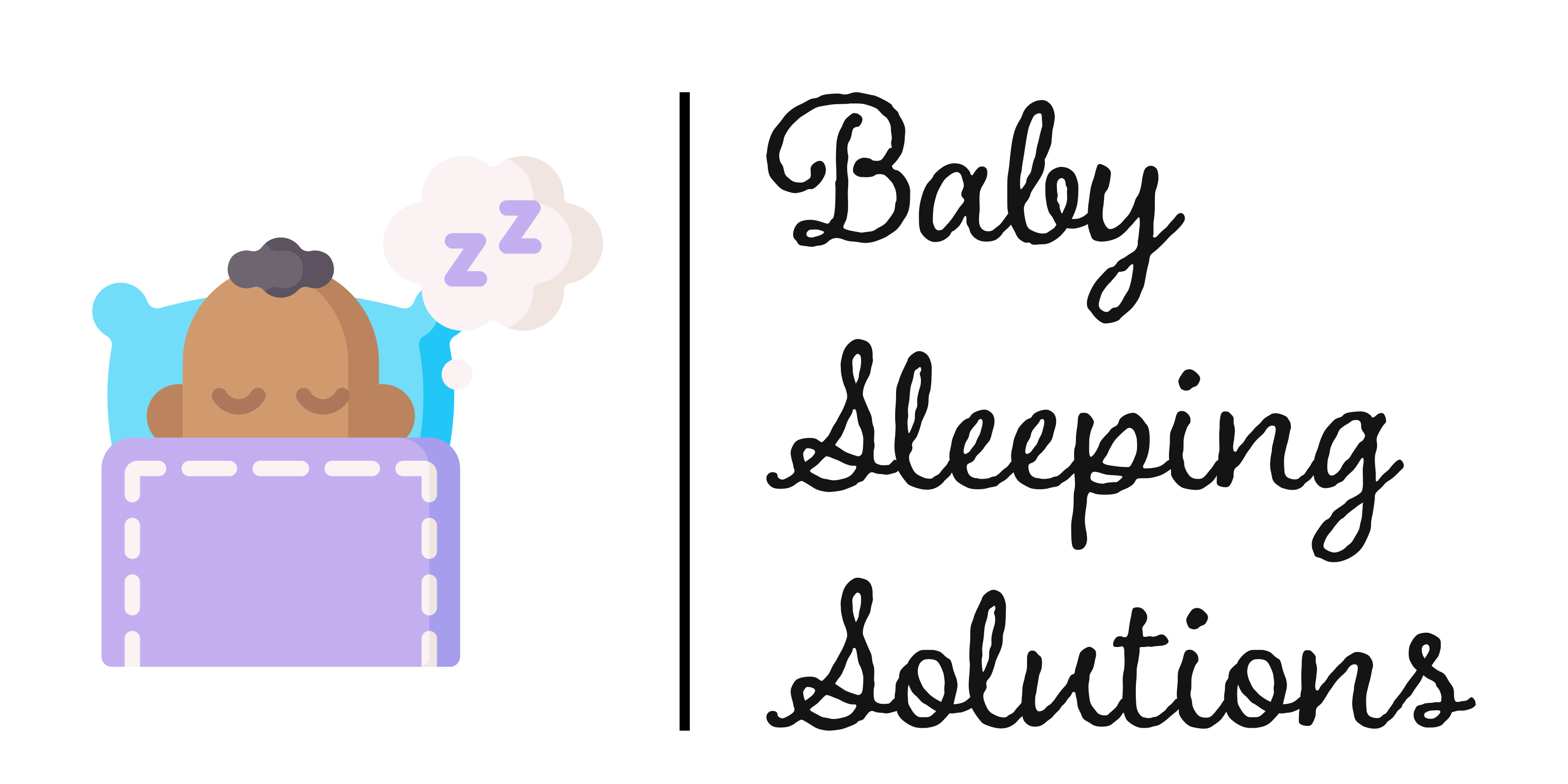Parenting is a journey filled with delightful milestones, but it’s not without its challenges—especially when it comes to toddler sleep. Just when you think you’ve established a harmonious bedtime routine, you may find yourself facing the frustration of toddler sleep regressions. In this article, we’ll explore what sleep regressions are, why they happen, and provide strategies to navigate these nighttime woes with patience and understanding.
***Learn The SECRET To Solving Baby Sleep Problems***
What Are Toddler Sleep Regressions?
Toddler sleep regressions refer to periods when a previously good sleeper experiences disruptions in their sleep patterns. These regressions often manifest as difficulties falling asleep, frequent night waking, or shorter naps. While they can be perplexing and exhausting for parents, it’s essential to recognize that sleep regressions are a normal part of a child’s development.
Common Triggers for Toddler Sleep Regressions
Developmental Milestones
Major developmental leaps, such as language acquisition, motor skill development, or the transition from crib to bed, can contribute to sleep regressions. The cognitive and physical changes your toddler is undergoing may temporarily disrupt their sleep routine.
Teething
The discomfort associated with teething can lead to irritability and disrupted sleep. Toddlers may experience increased fussiness, which can affect both daytime and nighttime sleep.
Changes in Routine
Life changes, such as starting daycare, moving to a new house, or the arrival of a new sibling, can disrupt the familiar routine your toddler relies on for comfort and security. These changes may contribute to sleep regressions as your child adjusts to their new circumstances.
***Learn The SECRET To Solving Baby Sleep Problems***
Illness
Sickness, even a mild cold, can impact a toddler’s sleep. Discomfort from symptoms like congestion or a sore throat may lead to nighttime disturbances.
Navigating Toddler Sleep Regressions with Patience
Maintain Consistency
While it’s tempting to introduce drastic changes during a sleep regression, consistency is key. Stick to your established bedtime routine and comforting rituals to provide a sense of stability for your toddler.
Adjust Expectations
Recognize that sleep regressions are temporary and part of your child’s normal development. Adjust your expectations and be patient as your toddler navigates these changes.
Offer Comfort and Reassurance
During times of sleep regression, your toddler may need extra comfort and reassurance. Respond promptly to their needs, offering comfort through gentle touch, soothing words, or a favorite comfort object.
Evaluate Sleep Environment
Ensure your toddler’s sleep environment is conducive to rest. Check for factors like room temperature, darkness, and the comfort of their sleep space to create an optimal setting for sleep.
***Learn The SECRET To Solving Baby Sleep Problems***
Seek Professional Guidance if Needed
If sleep disturbances persist or are causing significant stress for both you and your toddler, consider seeking advice from pediatric professionals. They can offer personalized insights and strategies based on your child’s specific situation.
Embracing the Ebb and Flow of Toddler Sleep
In conclusion, understanding and addressing toddler sleep regressions requires a patient and adaptive approach. Recognizing the common triggers, maintaining consistency, and offering comfort can help ease your toddler through these challenging periods. Remember that sleep regressions are temporary, and with time, your toddler will likely settle back into more predictable sleep patterns. Embrace the ebb and flow of toddler sleep with understanding and patience, knowing that you’re supporting your child through an important phase of their development.
